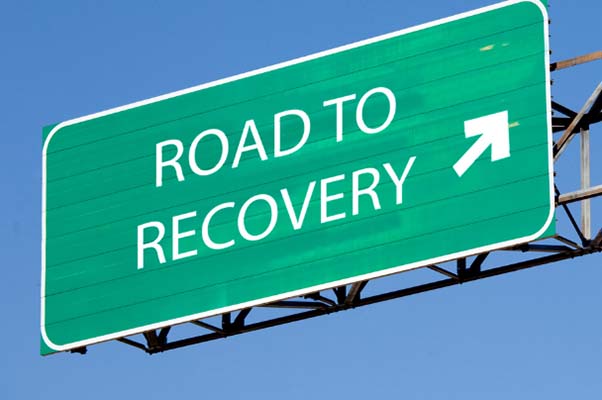
Published Articles written by Joe Considine
Extensive studies and research inform us that court ordered treatment is effective in changing the behavior of individuals with substance abuse issues. Joe Considine writes extensively about the Marchman Act, and regularly conducts professional development seminars on the intricacies of this law for mental health experts and treatment professionals.
The Elderly Suffer in Silence from Substance Abuse
At a recent conference on substance abuse among the elderly, Brenda Iliff, Director of the Hazelden Betty Ford Older Adult Program,
reported a precipitous increase in substance abuse among older folks, indicating: “Nationally, there are 17% of older adults at high risk.”
Think about that! One in five people in their 60’s, 70’s, and 80’s, are at high risk for substance abuse..
READ ENTIRE ARTICLE ⇒
Frequently Asked Questions About The Marchman Act
Families of individuals with substance use disorders and cooccurring mental health disorders ask many questions about the
Marchman Act. The following are frequently asked questions we receive in our office and the responses.
READ ENTIRE ARTICLE ⇒
Florida's Marchman Act Consistent with the Science of Treating Addiction
It is settled science that compulsory treatment or court ordered treatment is an effective tool in assisting
individuals with a substance use disorder (SUD) to obtain the help they need. There are a number of studies
which conclude that involuntary commitment to treatment is at least as effective, if not more effective, than
voluntary treatment...
READ ENTIRE ARTICLE ⇒
Marchman Act Helps Save Lives of Substance Impaired Individuals
Neither the individual nor the family need be residents
of Florida to use the Marchman Act. Many clients are out
of state families who suggest a visit to Florida to their
loved one. Once in Florida, the family or friend can file the
Marchman Act papers and the Court can enter an order...
READ ENTIRE ARTICLE ⇒
Marchman Act Success Stories
Families of individuals with substance use disorders (SUD’s)
always are concerned about and want to know whether the
Marchman Act really produces benefits. They sometimes quote
the old adage that no one gets help until they have hit their
own bottom and really want help.
READ ENTIRE ARTICLE ⇒
Florida Marchman Act Assures Confidentiality
Florida’s Marchman Act found in Florida Statutes Chapter 397,
“Hal S. Marchman Alcohol and Other Drug Services Act”, allows
families, friends or those with knowledge of an individual with
substance use disorder into treatment using the courts.
READ ENTIRE ARTICLE ⇒
Will Using The Marchman Act Help The Substance Impaired?
In Florida, the Marchman Act is a very effective tool to get
necessary help for those who are suffering from substance use
disorders or impairment. Other states have laws which provide
for a form of involuntary commitment for substance impaired
individuals; however, Florida is alone in providing for involuntary
commitment for a lengthy time.
READ ENTIRE ARTICLE ⇒










